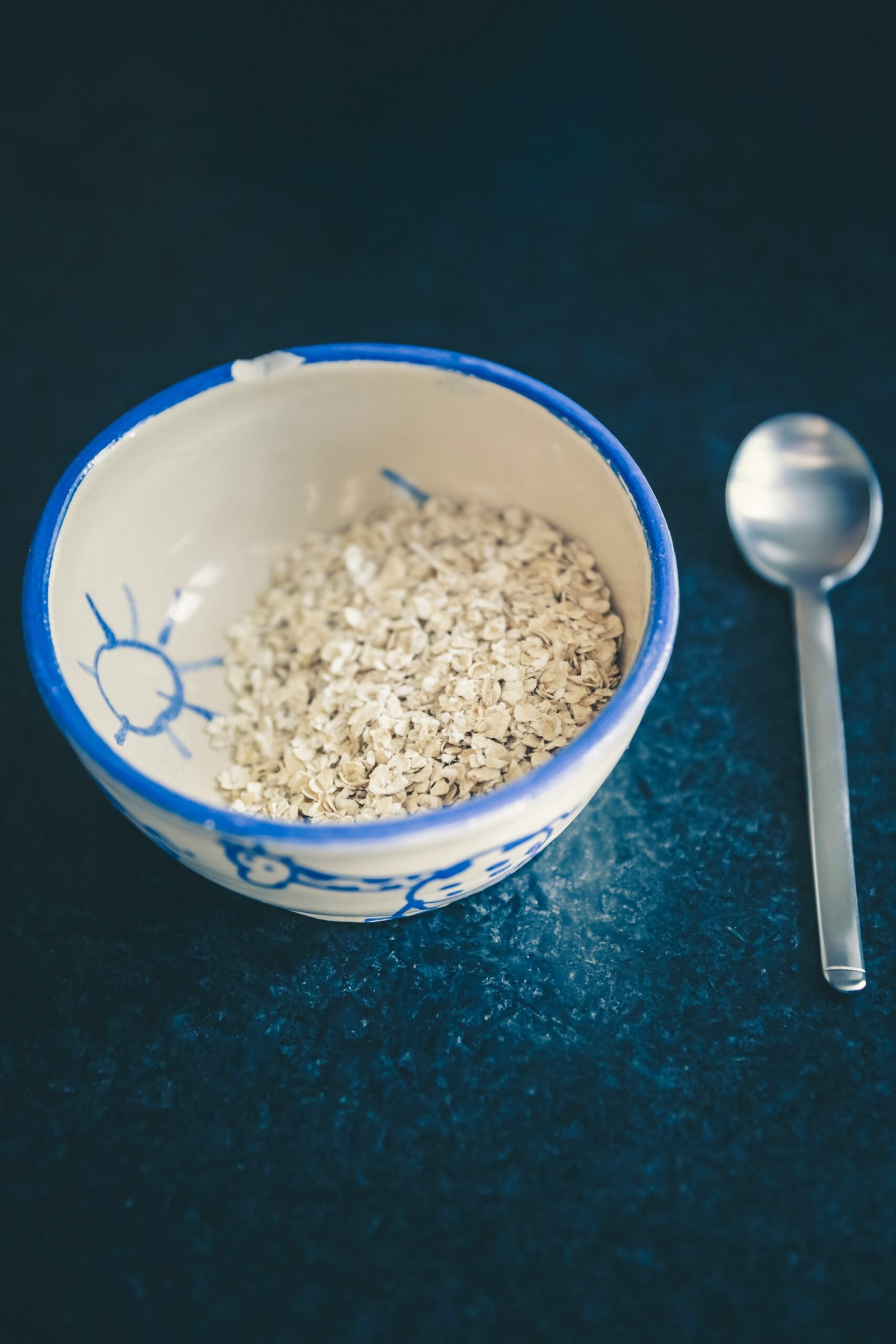
Introduction to High-Fiber Diets
Incorporating high-fiber foods into your diet offers numerous health benefits crucial for overall well-being. Fiber aids digestion by adding bulk to the stool, which ensures regular bowel movements and prevents constipation. Moreover, high-fiber diets are instrumental in maintaining a healthy weight. Fiber-rich foods tend to be more filling, which helps control appetite and reduces overall calorie intake.
Beyond digestion and weight management, a high-fiber diet plays a significant role in reducing the risk of chronic diseases. Regular consumption of fiber has been linked to lower risks of developing type 2 diabetes, heart disease, and certain types of cancer, such as colorectal cancer. The ability of fiber to stabilize blood sugar levels and lower cholesterol is particularly noteworthy in this context.
Given the fast-paced nature of modern life, planning and preparing nutritious meals can be a daunting task. However, it is essential to focus on meals that are not only rich in fiber but also quick to prepare. High-fiber dinners that can be prepped in 30 minutes provide an ideal solution for busy individuals who seek to maintain a healthy diet without spending excessive time in the kitchen.
In this blog post, we will present a weekly plan of high-fiber dinners that can be prepared swiftly, ensuring you receive the health benefits of fiber without compromising on time. The recipes are designed to be both nutritious and time-efficient, making it easier for you to incorporate high-fiber foods into your daily routine.
Monday to Wednesday: Quick and Nutritious High-Fiber Meals
High-fiber dinners are essential for a balanced diet, and preparing them quickly can be both convenient and beneficial. Here are three high-fiber dinner recipes for the first half of the week, each designed to be ready within 30 minutes.
Monday: Quinoa and Black Bean Bowl
Start the week with a Quinoa and Black Bean Bowl, a nutrient-packed meal rich in fiber, protein, and antioxidants. Begin by cooking 1 cup of quinoa according to package instructions. While the quinoa cooks, heat a tablespoon of olive oil in a pan over medium heat. Add a diced onion, red bell pepper, and a clove of minced garlic. Sauté for 5-7 minutes until softened. Stir in a can of black beans, drained and rinsed, and cook for another 5 minutes. Mix the cooked quinoa into the pan and season with cumin, paprika, salt, and pepper. Serve with a squeeze of lime juice and a sprinkle of fresh cilantro. This meal is versatile and can be topped with avocado or a dollop of Greek yogurt for added creaminess.
Tuesday: Lentil and Vegetable Stir-Fry
Tuesday’s dinner is a Lentil and Vegetable Stir-Fry, which combines the fiber power of lentils with a variety of vegetables. Cook 1 cup of green or brown lentils in boiling water for 20 minutes until tender. Meanwhile, in a large skillet, heat a tablespoon of sesame oil over medium-high heat. Add sliced carrots, bell peppers, broccoli florets, and snap peas, and stir-fry for about 5 minutes. Add minced garlic and grated ginger, cooking for another minute. Stir in the cooked lentils and season with soy sauce, a splash of rice vinegar, and a pinch of red pepper flakes. This dish is easily adaptable; for a different flavor profile, try adding a spoonful of hoisin sauce or a handful of fresh herbs like basil or cilantro.
Wednesday: Chickpea and Spinach Curry
Midweek calls for a comforting yet quick Chickpea and Spinach Curry. Begin by heating a tablespoon of coconut oil in a large pot over medium heat. Sauté a diced onion until translucent, then add minced garlic and grated ginger, cooking until fragrant. Stir in 2 tablespoons of curry powder and toast for a minute before adding a can of diced tomatoes and a can of coconut milk. Bring the mixture to a simmer, then add a can of chickpeas, drained and rinsed, and a generous handful of fresh spinach. Cook until the spinach is wilted and the chickpeas are heated through, about 5-7 minutes. Serve this curry over brown rice or with whole grain naan bread for an extra fiber boost. For those with dietary restrictions, this recipe is naturally vegan and gluten-free, making it suitable for various dietary needs.
These quick and nutritious high-fiber meals not only support digestive health but also provide essential nutrients for overall wellness. With simple ingredients and efficient cooking techniques, you can enjoy wholesome dinners without spending hours in the kitchen.
Thursday to Saturday: Simple and Delicious High-Fiber Dinners
As the week progresses, maintaining your commitment to high-fiber dinners becomes easier with these simple yet delicious recipes. Each meal can be prepared in 30 minutes, ensuring you have more time to relax and enjoy your evenings.
On Thursday, indulge in a Whole Wheat Pasta Primavera. This dish is not only packed with fiber but also bursting with flavors. Use whole wheat pasta as your base and toss it with a medley of high-fiber vegetables such as bell peppers, broccoli, zucchini, and cherry tomatoes. Sauté the veggies in olive oil with garlic, then mix in the cooked pasta. Finish with a sprinkle of parmesan cheese and fresh basil. This meal is perfect for using up any leftover vegetables and can be easily customized with whatever produce is in season.
For Friday, try a hearty Sweet Potato and Black Bean Chili. This recipe combines the sweetness of diced sweet potatoes with the rich, earthy flavors of black beans. Start by sautéing onions and garlic, then add the sweet potatoes, black beans, diced tomatoes, and vegetable broth. Season with chili powder, cumin, and smoked paprika. Let it simmer until the sweet potatoes are tender and the flavors meld together. This chili can be made in a large batch and stored in the fridge or freezer, making it a convenient option for future meals.
Saturday’s dinner features a comforting Vegetable and Barley Soup. This soup is a fiber powerhouse with ingredients like barley, carrots, celery, and kale. Begin by cooking the barley according to package instructions. In a separate pot, sauté onions, carrots, and celery, then add vegetable broth and cooked barley. Allow the soup to simmer, and in the last few minutes, stir in chopped kale. This versatile recipe can be adjusted with different vegetables based on what you have on hand, making it an excellent way to minimize food waste.
Batch cooking and storing leftovers are key strategies for managing your time and reducing food waste. These high-fiber dinners are not only nutritious and quick to prepare but also adaptable to include seasonal produce, ensuring variety and freshness in your meals throughout the week.
Sunday: Meal Prep and Planning for the Week Ahead
Sunday is the perfect day to set yourself up for success with a well-organized meal prep session. By dedicating some time to prepare your high-fiber dinners in advance, you can significantly reduce weekday stress, ensure you stick to a healthy diet, and free up time for other activities. Here’s a step-by-step guide to help you efficiently meal prep for the upcoming week.
Step 1: Plan Your Meals
Start by selecting recipes for the week that are rich in fiber. Aim for a variety of dishes that incorporate whole grains, legumes, vegetables, and fruits. Once you have your recipes, create a shopping list to ensure you have all the necessary ingredients.
Step 2: Grocery Shopping
With your list in hand, go grocery shopping. Opt for fresh, seasonal produce when possible, and don’t forget to check for any pantry staples you may need, such as olive oil, spices, and canned goods.
Step 3: Prep Ingredients
Begin by washing and chopping all your vegetables. Store chopped vegetables in airtight containers in the refrigerator to keep them fresh. Cook grains like quinoa, brown rice, or bulgur in bulk. These can be stored in the fridge for up to a week and used as a base for various meals.
Step 4: Portion Out Servings
Portion out servings for each meal into individual containers. This makes it easy to grab and go during the week. Label each container with the meal and date to keep track of freshness.
Step 5: Proper Storage Techniques
Store your prepped meals in airtight containers to maintain freshness. Use glass containers for better preservation and to avoid any potential leaching from plastic. Place meals that you plan to consume later in the week in the freezer and transfer them to the refrigerator the night before you intend to eat them.
The Benefits of High-Fiber Meal Prep
Having high-fiber meals ready to go offers numerous benefits. You’ll experience reduced stress during busy weekdays since your meals are already prepared. This increases the likelihood of sticking to a healthy diet, as you’re less tempted to opt for quick, unhealthy options. Moreover, you’ll enjoy more free time, which can be spent on activities you love or simply relaxing.
Customize your weekly plan to suit your personal tastes and dietary needs. Whether you’re vegetarian, vegan, or enjoy a mix of everything, meal prepping high-fiber dinners can be adapted to any lifestyle. With these steps, you’re well on your way to a healthier, more organized week.
